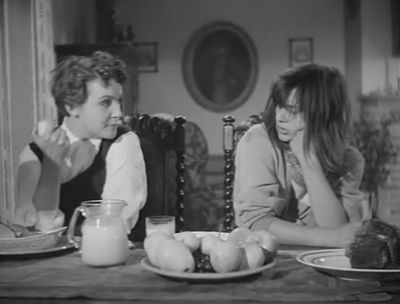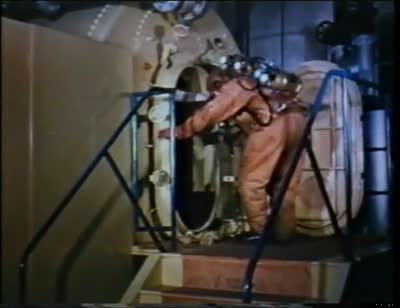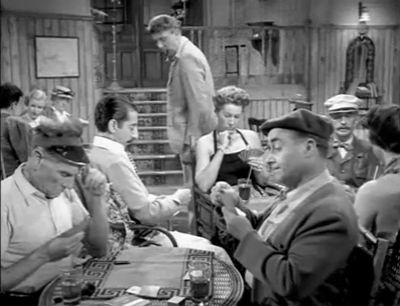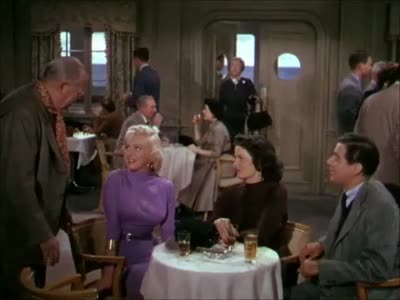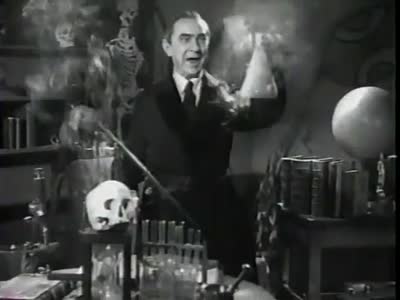Sommaren med Monika / Summer with Monika (1953, Sweden, Bergman)
Society is cruel to young lovers. They expect you to hold down a job and obey the law, and then, one day when you look in the mirror, the dead eyes of an adult stare back at you. It’s all so unfair! Watched it all. One thing I didn’t expect from this marathon was how much I would hate Ingmar Bergman at his worst. But at his best he’s pretty okay.
Knights of the Round Table (1953, USA)
“We’re knights of the Round Table, we dance whenev’er we’re able. We do routines and chorus scenes with footwork impec-cable, We dine well here in Camelot, we eat ham and jam and Spam a lot.” Watched: 10 minutes.
The Juggler (1953, USA, Dmytryk)
Tormented Holocaust survivor Kirk Douglas is on the run in Israel after nearly killing a policeman, but his serial number tattoo opens all hearts. Watched it all, and it’s good in that earnest 50s message movie way, but there’s something phony about how nice every single person he meets is. Even the detectives who chase him want nothing more than to make him feel welcome in his new home country.
Miss Sadie Thompson (1953, USA)
So Rita Hayworth walks onto an island full of lonely Marines. My imagination is too dirty to enjoy the 1953 version of what happens next. Watched: 13 minutes.
